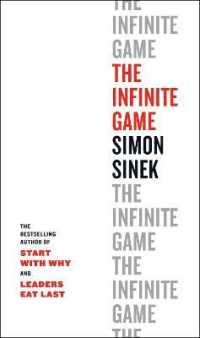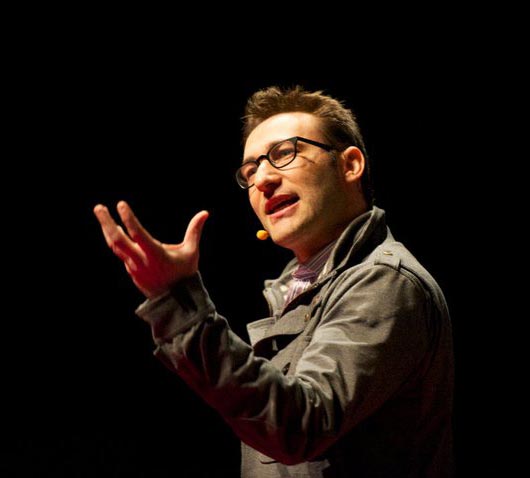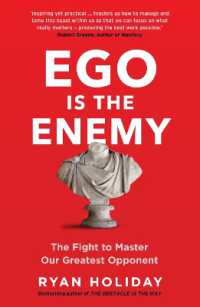The Infinite Game
Simon Sinek’s The Infinite Game challenges leaders to rethink their approach to business and life by distinguishing between finite and infinite games. Finite games have known players, fixed rules, and a clear endpoint, while infinite games are ongoing, with players coming and going, changeable rules, and no defined endpoint or ultimate winner.
Finite vs. Infinite Mindset
Sinek argues that many organizations operate with a finite mindset in an infinite game, leading to short-term gains at the expense of long-term sustainability and growth. An infinite mindset, on the other hand, focuses on perpetuating the game, building resilient organizations, and inspiring continuous improvement.
Five Essential Practices
Sinek outlines five key practices for leaders to adopt an infinite mindset:
- Advance a Just Cause: A clear, compelling purpose that extends beyond financial goals.
- Build Trusting Teams: Foster an environment of psychological safety and cooperation.
- Study Your Worthy Rivals: View competitors as sources of inspiration and learning, not just enemies to defeat.
- Prepare for Existential Flexibility: Be willing to make significant strategic shifts and adapt to changing circumstances.
- Demonstrate the Courage to Lead: Have the courage to do what is right, admit mistakes, and stay true to the Just Cause.



